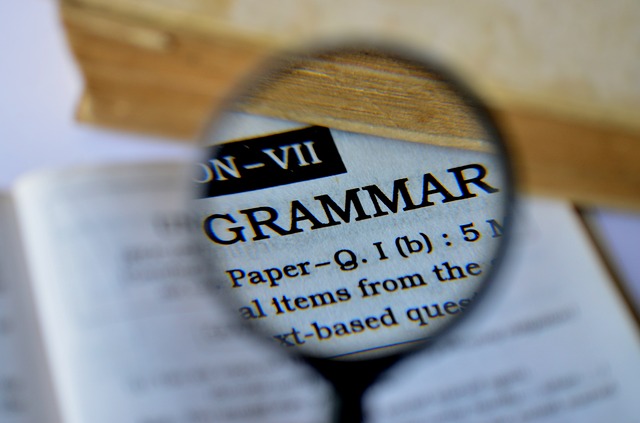Tense vs Aspect
In English grammar, distinguishing between tense and aspect is crucial, as they are key verb forms that exhibit significant differences. Tense, a term most people are familiar with, has three main types: present tense, past tense, and future tense, with each further divided into four subcategories. English teachers commonly teach these tenses. Aspect, however, comes in three forms: the progressive or continuous aspect, the perfect or perfective, and the unmarked aspect.
What does Tense mean?
Tenses are verb forms that indicate differences in time. They are created by altering the verb, as demonstrated in the following sentences:
1. I know him very well.
2. I knew he was lying.
3. She works at the mall every Saturday.
4. She worked all through the night.
In these examples, the verbs have been modified to convey time, so the first and third sentences are in the present tense, while the second and fourth sentences are in the past tense. Tenses can also be formed by adding auxiliary verbs, as shown in these sentences:
1. He will work hard to get the desired result.
2. She has gone already.
3. She had done a great job.
4. We had all resigned from the garment by the time the new law was passed.
In each sentence, auxiliary verbs have been added, such as “will” in the first sentence, “has” in the second, and “had” in the third and fourth sentences.
What does Aspect mean?
Aspect pertains to changes in verb forms that convey ideas other than time differences. For example, the “perfect” verb form can be used to emphasize the idea of completion, as in the sentence:
I have finished the job.
Consider the following sentence as well:
He will have scored 100 centuries by the time he retired.
This illustrates the purpose of using aspect in English grammar. The present perfect tense often implies that a past event is still remembered, discussed, or somehow still present, as in the sentence:
The Japanese have progressed well in technology.
What is the difference between Tense and Aspect?
- Tenses are verb forms that indicate differences in time and are formed by changing the verb or adding auxiliary verbs.
- Aspects refer to changes in verb forms that express ideas other than time differences.
- The present perfect tense often suggests that a past event is still being remembered, discussed, or present in some way.
These are the significant distinctions between the two grammatical terms, tense and aspect.
